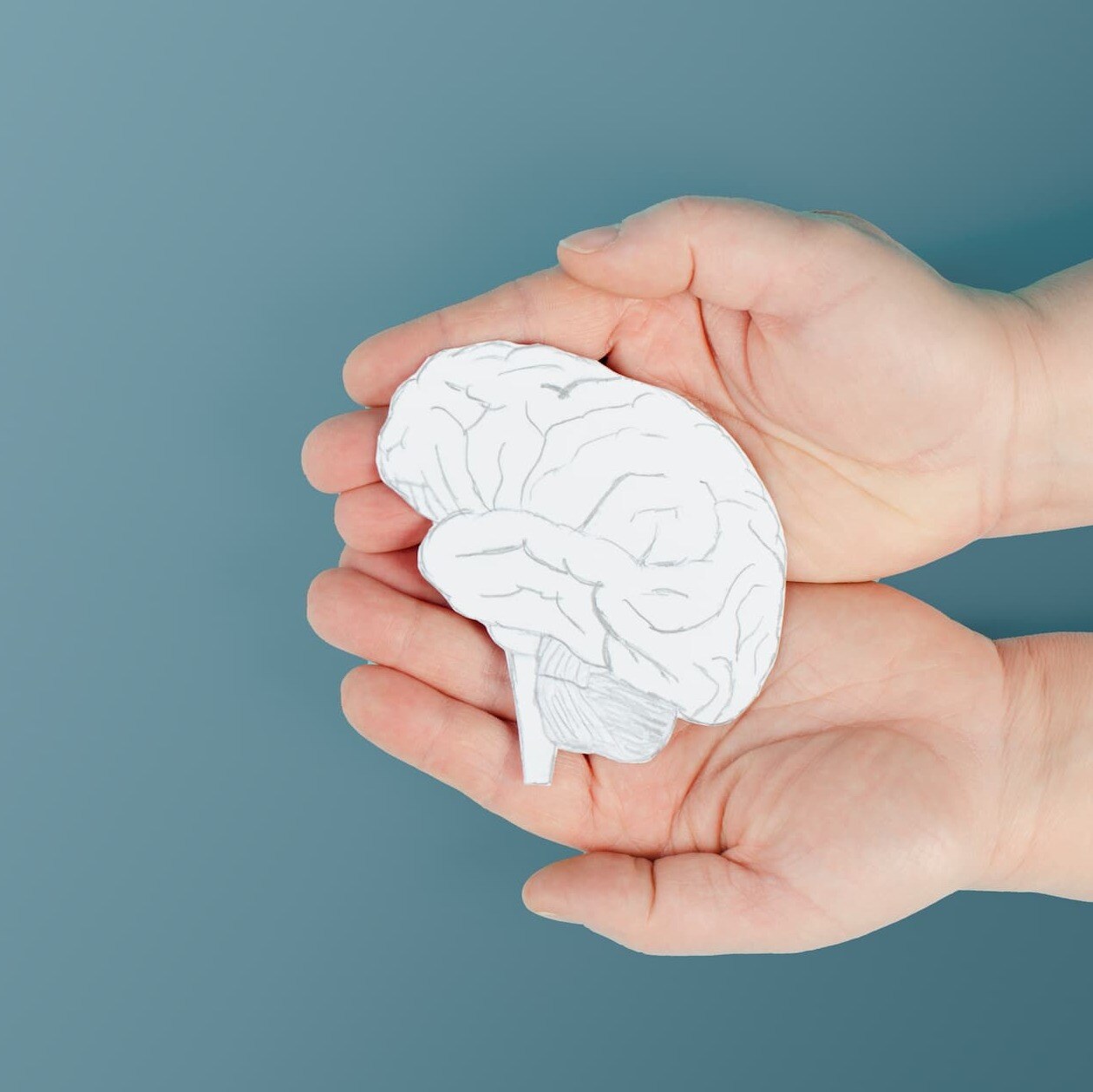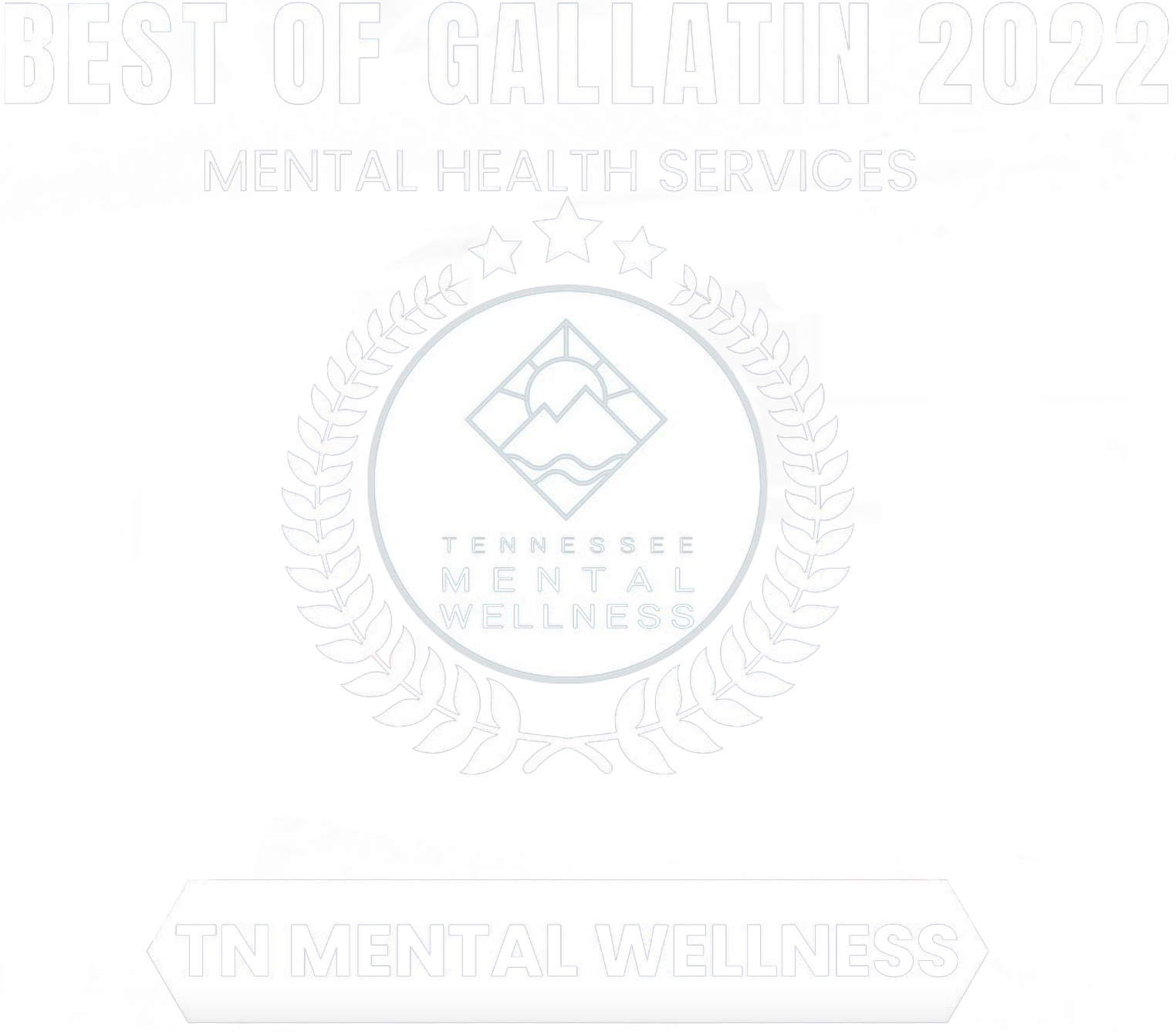Trauma Therapy in Gallatin, Hendersonville & Nashville TN
When The Past Still Hurts, We're Here To Help
Effective, specialized trauma treatment and emotional recovery.
Treatments may include EMDR, Brainspotting, Somatic Therapy, and Internal Family Systems (IFS).
What is Trauma?
Trauma is the result of bad things happening to you or around you.
It can be a one-time “Big T” trauma, such as fighting in a war or being the victim of assault or abuse, divorce or betrayal, or it can be “little T” trauma, which is experiencing bad things persistently, over time, such as growing up in a home where there was verbal or physical violence, suffering from chronic disease, or living in poverty.
Emotional and psychological trauma is the result of an extremely stressful event (or series of events) that shatters your sense of security, making you feel helpless in a dangerous or confusing world. Any situation that leaves you feeling overwhelmed and isolated can result in trauma.


What Causes Trauma
It’s not “what happened” but “what it was like for you” that determines whether a situation gets stored in the brain as a trauma. The more frightened, helpless, and isolated you feel, the more likely you will be traumatized.
Emotional and Psychological Trauma can be caused by:
- One-time events include an accident, injury, violent attack, death of a loved one, loss, divorce, or betrayal.
- Ongoing, relentless stress, such as living in a crime-ridden neighborhood, living in a dysfunctional family, struggling with a chronic illness, or experiencing regular traumatic events such as bullying, an abusive relationship, or childhood neglect.
No matter what the cause of your trauma, whether it happened repeatedly or once, or whether it was recent or many years ago, you CAN heal and move on with your life.
How Does Trauma Affect You?
Trauma makes you feel stuck and stopped in your emotional growth. This is because your nervous system continues to organize your life as if the trauma were still going on – as if your past still contaminates your current life.
For example, if you were a child who experienced the contentious divorce of your parents, and you felt lonely, confused, and angry because of the difficult family dynamics, as you grow up, you will experience your world with a different nervous system, one that is wholly focused on suppressing your inner chaos, at the expense of involvement in your life.
After the trauma, your brain focuses on gaining control over your unbearable physiological reactions by calming or numbing your inner chaos rather than on thriving in life.


What Are Some Symptoms Of Trauma?
The aftermath of trauma is that the body continues to defend against a threat that belongs to the past. In short, something bad happened, and your brain and body think it’s still happening, so you orient your life around protecting yourself from the bad thing, making the mistake of believing that it’s still happening (because your body and mind are so convincing). Trauma affects all of you – your body, mind, and brain. The result is a host of physical and mental symptoms, including:
Mental Symptoms:
- Shock, denial, disbelief
- Confusion, difficulty concentrating
- Feeling “foggy” in your thoughts, indecisiveness
- Anger, irritability, mood swings
- Anxiety and fear
- Guilt, shame, self-blame
- Withdrawing from others
- Feeling sad or hopeless
- Feeling disconnected or numb, depressed
Physical Symptoms:
- Insomnia, nightmares
- Fatigue
- Easily startled
- Difficulty concentrating
- Racing heartbeat
- Chronic pain and fibromyalgia
- Headaches
- Muscle tension
- Lack of appetite or compulsive overeating
Why Can't You "Just Get Over It"?
Unfortunately, the common saying that “time heals all wounds” is not always the case with trauma. This is because trauma actually changes the brain’s structure and functioning, and without active healing work, it will continue to act from its traumatized state. Trauma does not just dissolve or go away with time.
Trauma makes your brain specialize in managing feelings of fear and abandonment, whereas if you feel safe and loved, your brain becomes specialized in exploration, play, and cooperation. You can’t just “get over” trauma – it is a psychological wound that needs to be actively healed, and until it is, you will continue to have the symptoms listed above.
There’s no such thing as “getting over” trauma; trauma needs to be healed.
As you heal trauma, you grow into the best version of yourself and experience peace and happiness.


How Do You Heal From Trauma?
Healing from trauma means being able to stop the continued “fight, flight, freeze” activation and restore your body and mind to safety.
Your body knows how to heal itself (we are continually warding off disease, infection, and healing cuts and scrapes). Similarly, your brain knows how to heal itself. However, sometimes the body or brain needs extra help to heal properly.
Our brains sometimes need extra support in order to heal properly from emotional wounds. This extra support comes in the form of trauma therapy. Trauma therapy essentially helps the brain heal, so that it can return to optimal.
Deep Healing Starts In The Brain
Our trauma therapists use EMDR, Brainspotting, and other proven methods to help you safely process the past and move forward.
At Tennessee Mental Wellness, our therapists receive extensive, ongoing training in a variety of trauma treatment modalities. The primary methods we use for trauma are EMDR (Eye Movement Desentization and Reprocessing), and Brainspotting—an evolution of EMDR. Brainspotting is also an evidence-based, brain-body therapy that helps identify, process, and release the deeply held roots of emotional and physical pain.
Brainspotting and EMDR work by accessing the brain’s subcortical regions—where trauma is stored—allowing for healing that goes beyond talk therapy alone. They also help you release unhealthy coping strategies that you developed in response to trauma, such as anger, isolation, or compulsive behaviors like addiction or binge eating. With expert guidance, clients begin to feel more regulated, present, and empowered to move forward with resilience.
Begin Trauma Therapy: Offices in Gallatin, Hendersonville, Nashville, TN
You deserve support in overcoming your symptoms. Our team of caring therapists can help equip you with the tools to cope with your symptoms and feel more at peace.
To start trauma therapy with our Tennessee-based therapy practice, please follow these steps:


















